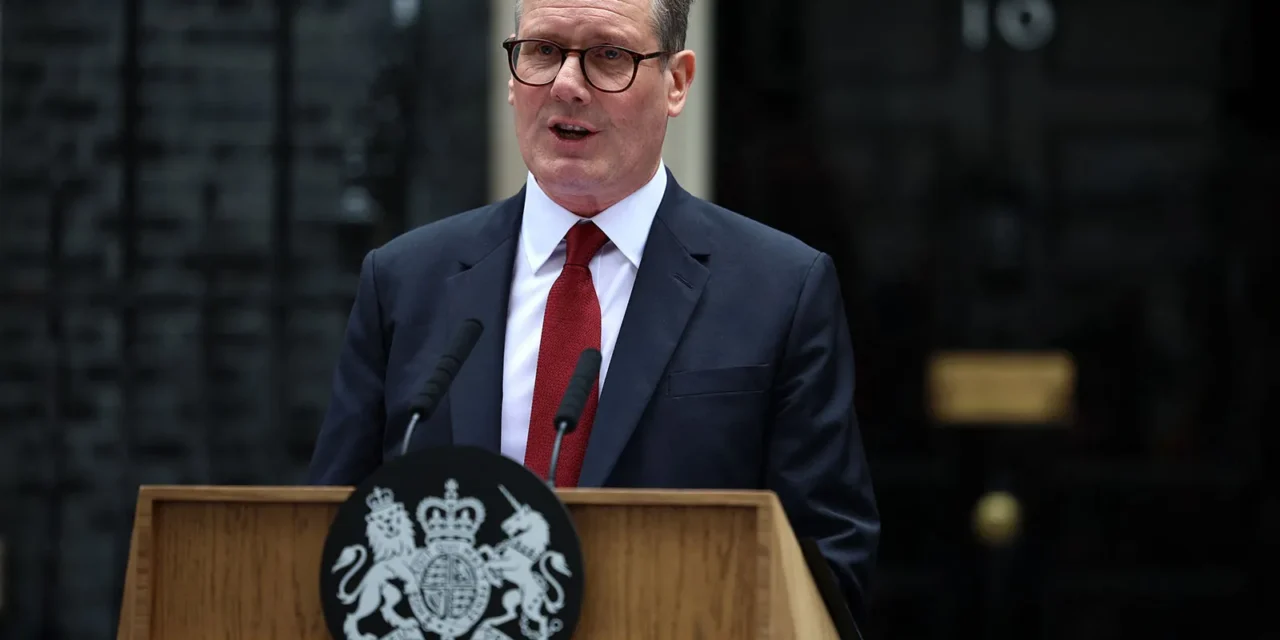As the UK Budget announcement approaches on October 30th, there’s a growing sense of anticipation within the Transport and Logistics (T&L) sector. Many are speculating whether the government is employing a well-worn tactic: preparing the public for tough measures, only to soften the blow if the reality isn’t as harsh as expected. While this approach may provide a sense of relief on Budget day, concerns are mounting about the numerous leaks hinting at potential changes.
For the T&L sector, these pre-Budget speculations are especially crucial, as the sector operates on tight margins and is highly sensitive to regulatory and fiscal shifts. Below, Andrew Galliers, Partner and T&L sector specialist at Menzies shares his wishlist for the Budget that could significantly impact the industry.
-
Concerns Around Fuel Duty
One of the most pressing issues for the T&L sector is the potential end of the fuel duty pause. This would have a massive ripple effect across the entire supply chain, not just on hauliers. Margins in the logistics industry are already stretched thin, and a sudden increase in fuel duty could squeeze these businesses even further.
It’s important to remember that nearly everything we buy is transported by road at some point. A fuel duty rise would not only increase costs for transport operators but also drive up prices across the whole supply chain, which could further stoke inflation. With inflationary pressures already weighing heavily on the economy, reintroducing fuel duty increases risks compounding the problem.
Advertisement
The Road Haulage Association (RHA) has put forward a sensible solution in the form of an essential user rebate. This could help mitigate the cost impact on the industry while still generating additional revenue for the Treasury. Menzies fully supports this proposal and urges the government to consider this rebate as a way to balance economic needs with the sector’s challenges.
-
Capital Gains Tax and Business Asset Disposal Relief (BADR)
A significant portion of the UK’s transport and logistics sector consists of family-owned businesses. However, many of these businesses face a succession challenge, as the next generation may not always be interested in taking over the mantle. In such cases, selling the business becomes the most viable option for owners to realise the value of their years of hard work.
With potential changes to Capital Gains Tax (CGT) on the horizon, there are fears that the sector will be hit particularly hard. The potential removal or restriction of Business Asset Disposal Relief (BADR), which provides significant tax relief on the sale of a business, could result in owners paying significantly higher taxes when they sell.
This could have far-reaching consequences. Business owners may be forced to delay sales or accept lower offers from large consolidators, impacting the sector’s competitiveness and market dynamics. We’d urge the government to reconsider any adverse changes to CGT and BADR, ensuring that business owners, especially in the family-owned segment, can crystallise their value without being disproportionately penalised.
-
Green Technology Adoption and Support for SMEs
There’s no denying that the push toward greener technology is a dominant theme in the current policy landscape, and we recognise the importance of this shift. Larger operators in the T&L sector are leading the charge by investing in greener fleets and infrastructure, as was evident at the recent MT Awards. However, for smaller operators—especially small- and medium-sized enterprises (SMEs) and owner-managed businesses—the transition to green technology presents a much greater financial risk.
For these smaller players, investing in green technology can represent a disproportionate share of their resources, leaving them vulnerable if the technology doesn’t pay off as quickly as expected. Therefore, we’d hope to see additional government support for SMEs in the form of grants, tax incentives, or other financial mechanisms that can help them transition to greener technology without shouldering excessive risk.
Encouraging widespread adoption of green technologies across the entire industry will be key to achieving the UK’s environmental targets, but this can only happen if smaller operators are given the same opportunities and support as the larger players.
Advertisement
















